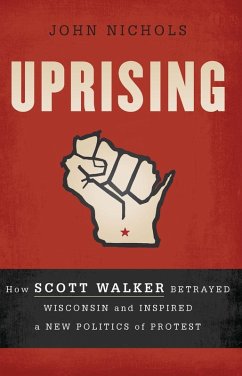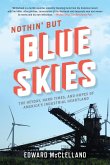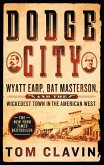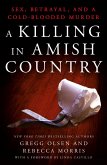John Nichols's Uprising traces the roots of this struggle -- which has faced legislative disappointments, legal challenges, and dramatic electoral twists and turns -- and in the process reveals how Scott Walker rose to national prominence and went on to become a frontrunner in the Republican race for the nomination in 2016. At a time when public services are under assault from corporate privatizers and billionaire political donors, the public repudiation of Walker's efforts (and the shadowy interests like the Koch Brothers behind them) has translated into a broader challenge to corporate America, Wall Street, the far Right, and its media echo chamber.
Dieser Download kann aus rechtlichen Gründen nur mit Rechnungsadresse in A, B, BG, CY, CZ, D, DK, EW, E, FIN, F, GR, HR, H, IRL, I, LT, L, LR, M, NL, PL, P, R, S, SLO, SK ausgeliefert werden.









